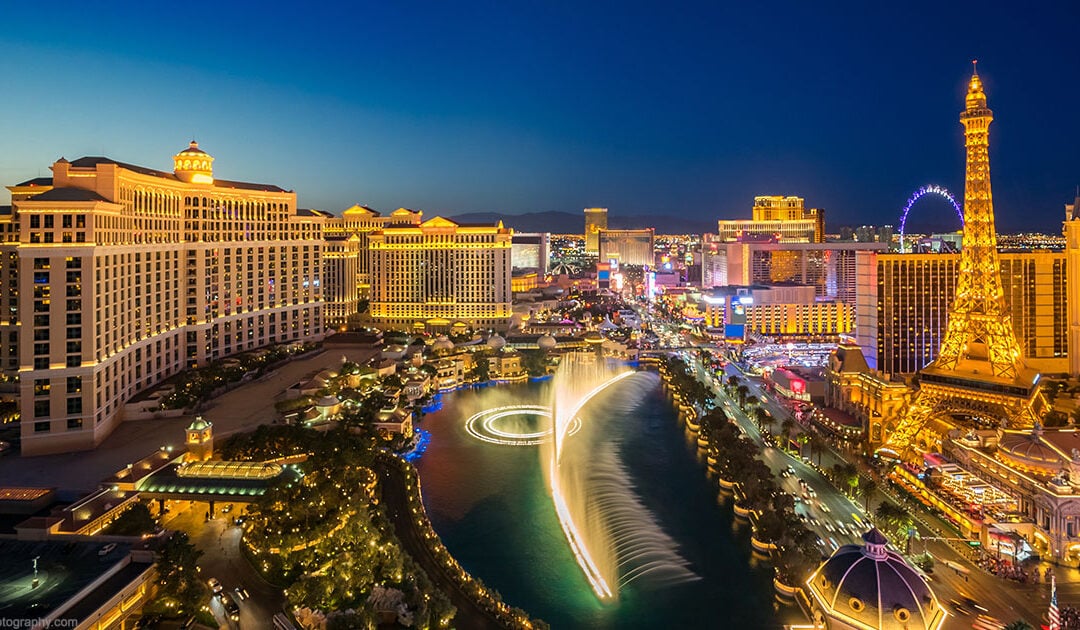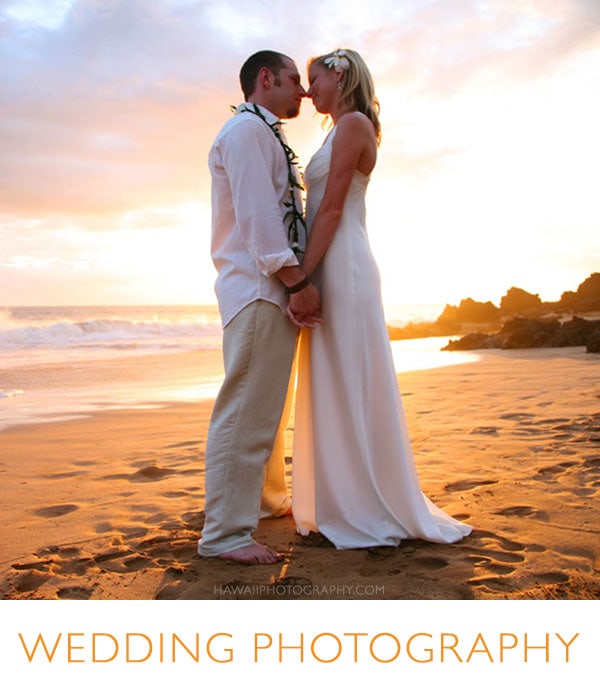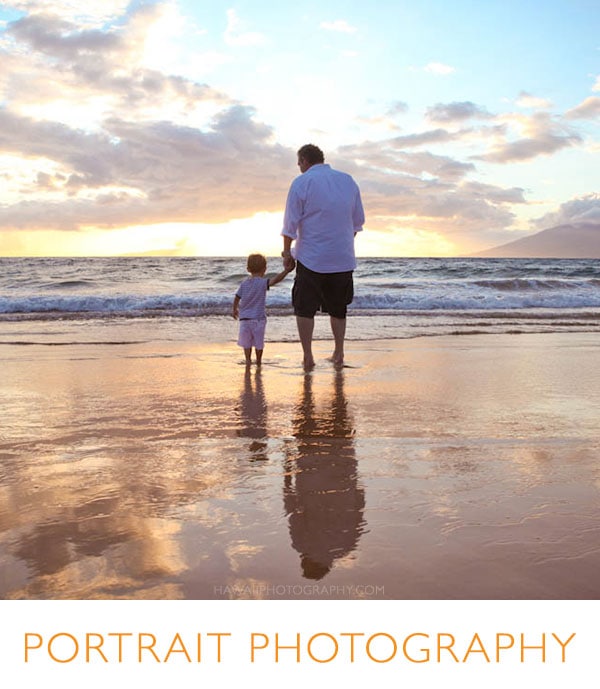Why Las Vegas is Called the “Ninth Hawaiian Island”
When one thinks of Las Vegas, neon lights, bustling casinos, and endless nightlife might come to mind – certainly not spam musubis, halau hula, and a tight-knit island community. Yet that’s precisely what you’ll find in Sin City.
Las Vegas is home to a large population of islanders – and the numbers are growing each year. Today, so many islanders live in Las Vegas that the city is like an extension of Hawaii.
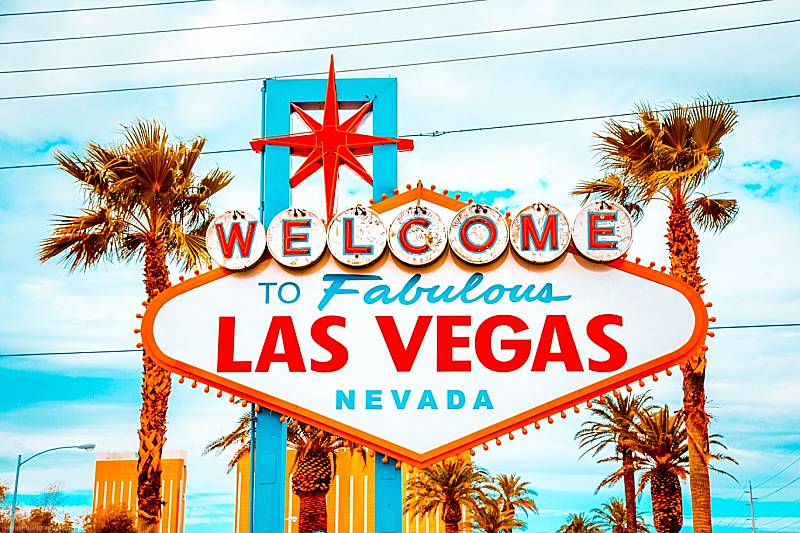
But why the exodus to Vegas specifically? And what other similarities do the two locations share? Here’s why Las Vegas is called the Ninth Island.

Back to the Beginning… “The Cal”
The Las Vegas connection to Hawaii stretches back decades to when the California Hotel & Casino – dubbed “The Cal” – opened in 1975.
Originally, The Cal was marketed to people from California, but that soon proved to be a bust. The Cal’s owner, Sam Boyd, who had lived in Hawaii as a kid, decided to do a 180.
Boyd began marketing his casino to Hawaii residents. He worked with airlines to offer cheap fares to and from the islands. He offered free rooms and meals to people from Hawaii. He even began offering Hawaiian foods at The Cal’s buffet – rather than the ubiquitous Southwest fare – to cater to people from the islands.
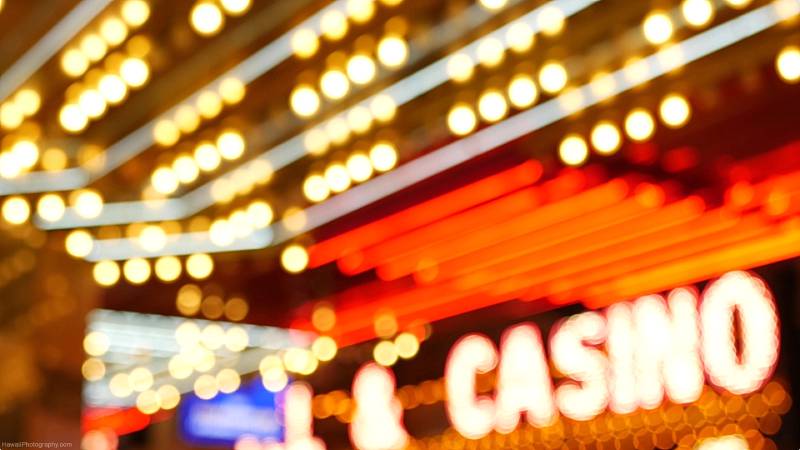
Boyd’s stunts worked, and The Cal soon expanded from 350 rooms to 800 rooms – many of which were occupied by visitors from Hawaii.
Soon, Boyd began hiring people from Hawaii to work at the hotel and casino. As the cost of living became increasingly expensive in the islands, relocating to Las Vegas was a lucrative move.

“Priced Out of Paradise”
Currently, the average cost of a single-family home in Henderson – on the outskirts of Las Vegas – is $465,000. On Maui, it is $1.3 million. But even in the 70s, 80s, 90s, and early 00s, owning a house in Hawaii was becoming increasingly out of reach for many born-and-raised residents.
Today, many islanders who migrated to Las Vegas have similar stories. Most share a common thread of being priced out of paradise. To add to this tragic trend, the Maui fires of 2023 have forced more locals off Maui.
And in Las Vegas, food is cheaper. Housing is cheaper. And there’s no state income tax.
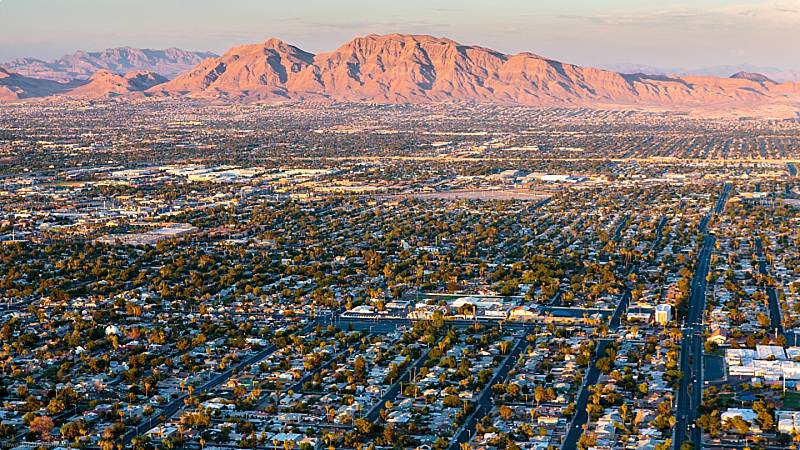
Of course, Las Vegas isn’t the only affordable city in the United States. But on top of the cheap cost of living, islanders are attracted to Sin City for a multitude of reasons.
Some fondly remember vacationing at The Cal as adults and ended up retiring in LV. Others followed family members to the desert. And others still were lured by Las Vegas’ booming hospitality industry – which, coincidentally, is the primary industry in Hawaii as well.

Hotspot for Hospitality
Tourism is the main economic driver in both Hawaii and Las Vegas – and hospitality experience in Hawaii translates well into Vegas’ hotel-casino-entertainment saturated economy. Plus, while many people in Hawaii have to work multiple hospitality jobs to make ends meet, those in Vegas can usually get by with just one.
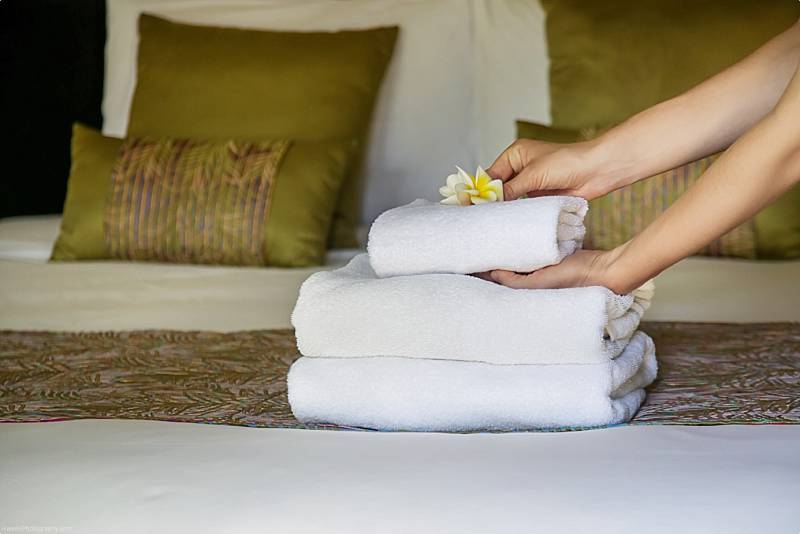
On the other side of the coin, the job market is much more diversified in Las Vegas than it is in Hawaii. For many Hawaii residents, hospitality can feel like the only option. Las Vegas has an emerging tech industry, and it’s possible to find jobs with companies like Amazon and Google.

Hawaiian Culture in Sin City
Despite being 3,000 miles away from their homeland, Native Hawaiians and island-born people are staying rooted to the islands by creating a makeshift Hawaii in the desert. If you’re from Las Vegas – by way of Hawaii or not – you’re bound to see glimpses of Hawaii in Sin City.
More and more mom-and-pop Hawaiian restaurants are popping up all over Las Vegas – great news for homesick islanders. Suha Bites in Twin Lakes is rumored to have the best musubi in town. There are multiple places to get manapuas, Hawaiian-style shave ice, and poke. And – wouldn’t ya know it – one of the most popular Hawaiian restaurants is Aloha Specialties, located in the Cal.
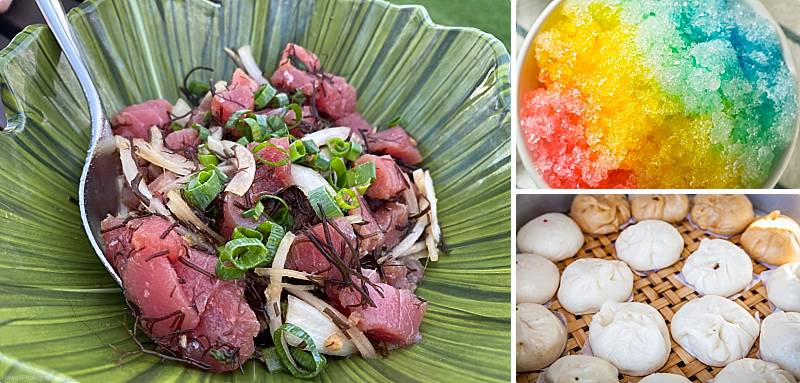
Of course, L&L has made its way to the 9th island, and Zippy’s is set to open later this year. There are even ABC Stores in Vegas!
Island flavors aside, Hawaiian culture has also taken root in Vegas. There are multiple halau (hula groups) in the city, where people can learn to dance or continue to practice hula.
One woman is even trying to start a Hawaiian charter school in Henderson so children can stay connected to their heritage. Already, the school has received 900 letters of intent.
And while Las Vegas is nowhere near the vast Pacific, the 9th Island Outrigger Canoe Club makes the pilgrimage to nearby Lake Mead to practice their traditional Hawaiian sport.
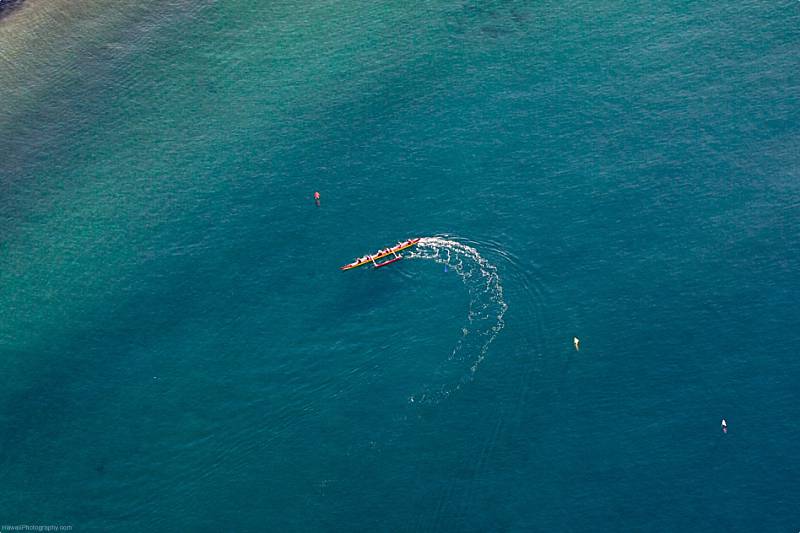
It’s not home, but it’ll do.

Hawaiian Culture Convention
Hawaiian representation is only becoming more pronounced in Las Vegas.
In June 2023, the Western Regional Native Hawaiian Convention was held at the Westgate Las Vegas for the first time ever. Typically, the convention is held in Hawaii, but this year, organizers brought it to Vegas.
Practitioners, cultural leaders, educators, artisans, and entertainers gathered for four days of hula, mele, artisan markets, and Hawaiian cultural panels and workshops. The festival’s goal was to represent Hawaii authentically and keep Hawaiian traditions alive – even on the mainland.
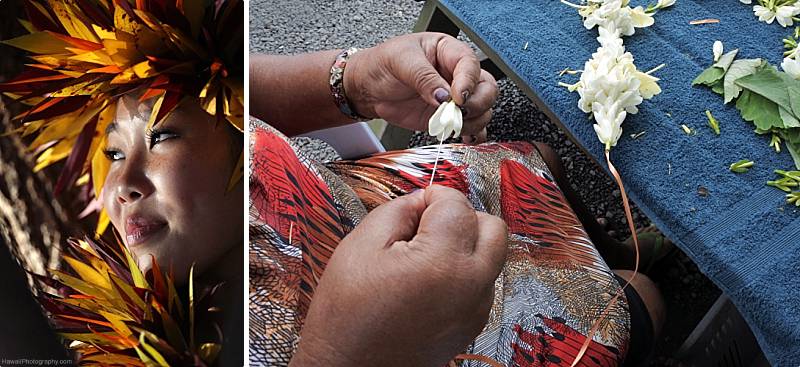
![]()
Well, there ya have it. Las Vegas is the 9th island, with a Native Hawaiian population of 50,000. Amid the neon lights and glitz of the Las Vegas Strip, the Hawaiian community is alive and well. Despite the unfortunate priced-out-of-paradise circumstances, Las Vegas has embraced Hawaii’s essence and has become an honorary extension of the island chain.
